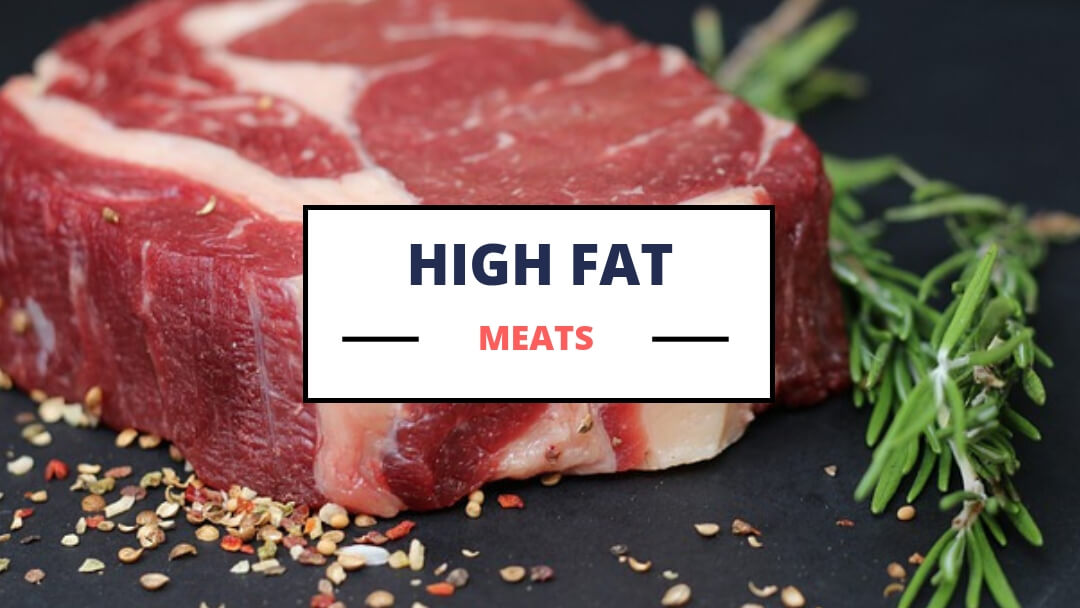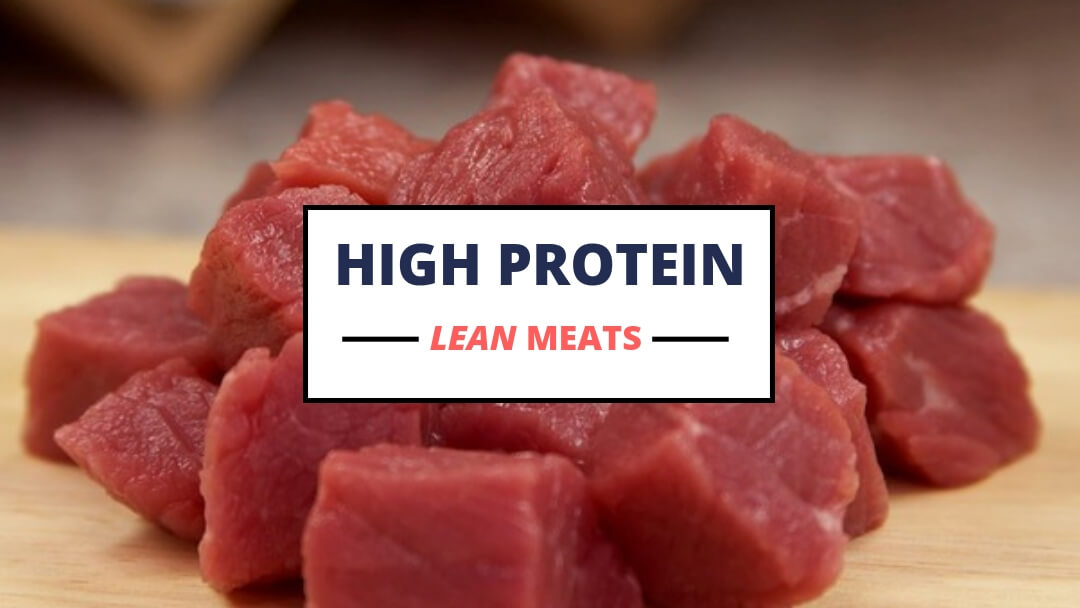How To Lose Weight Fast: A Skinny on New Research About Common Diet Programs
Low Carbohydrate Diet

People have found the benefits of a low carbohydrate diet on weight loss.
This means that restricting your carbohydrates like sugars and starches can cause your body to burn the stored fat for energy. So, if you’re trying to lose weight your best bet is to lose the fat by eating fewer carbohydrates. And when you factor in regular exercise, you’re more likely to achieve your weight loss goals.
So, you've cut out the carbs but you want something to take its place.
You can either eat fat or protein. Which one's right for you?

High-Fat diet also known as the Ketogenic diet causes the body to go into a metabolic state called ketosis which is a normal metabolic activity that burns stored fat when the body does not have enough glucose to use for energy.
This metabolic activity can result in ketones being produced which the body uses for energy.
Ketones can be good in certain situations because it provides the body the energy it needs while making you feel less hungry.
Don't Overdo It
High-Fat diet works for some. But, just don’t overdo it.
Most people don’t realize that when the body breaks down fat, it only does it because the body needs the fuel to keep running.
Over time, the ketones produced from ketosis builds up and lead to a condition called Ketoacidosis where there’s too much acid in the blood.
This acid build-up can cause someone to feel tired, thirsty, throw up and their stomach to hurt.

High Protein diet of meat, dairy, beans, and eggs provide another source of energy. Protein has also been known to make you feel “fuller” or less hungry.
But depending on the type of protein you eat a high protein diet can be harmful because the protein in red meat or dairy, for example, have high-fat content.
High fat from animal meat and dairy can lead to clogged arteries which cause heart disease.
New Research
There’s new research that came out last month that eating fewer or more carbs increases your risk of dying in a study of more than 15,000 people with ages between 45 and 64 years old from different social and economic backgrounds in the United States.
This study suggests that if you eat less than 40% or more than 70% of carbohydrates, there’s a greater likelihood of dying.
In essence, you’re not likely to live as long or longer for that matter as someone who eats moderate amounts of carbohydrates.
Dr. Sara Seidelmann, the study’s Lead Clinical Researcher commented in this CNN article (read here) featured last August 17, 2018, suggested that low carb diet isn’t all that healthy when she said,
“Our data suggests that animal-based low carbohydrate diets, which are prevalent in North America and Europe, might be associated with shorter overall lifespan and should be discouraged”.

The research study by Dr. Seidelmann and her team of researchers make it hard for people to support a low carbohydrate diet because it goes against the conventional thinking that fewer carbohydrates are better.
Maybe eating fewer carbohydrates is better for people especially when it comes to losing weight.
Then again, what good is losing weight with a low carbohydrate diet in the short term when your life expectancy is cut short in the long term?
Instead, this new study sheds light on the importance of maintaining a balanced and nutritional diet of moderate carbohydrate intake with a renewed focus on the use of plant-based nutrients like fruits, vegetable, and grains.
Recent Posts
-
20% off Rainbow Light Vitamins & Nutritional Supplements at iHerb
SPECIAL OFFER: 20% off Rainbow Light Vitamins & Nutritional Supplements at iHerb Shop here. Use Cod …Jan 10th 2026 -
51% Off - MRS. MEYER'S CLEAN DAY Hand Soap, Snowdrop, 12.5 fl. Oz (Pack of 3)
SPECIAL OFFER: 51% Off - MRS. MEYER'S CLEAN DAY Hand Soap, Snowdrop, 12.5 fl. Oz (Pack of 3) Shop h …Nov 27th 2025 -
41% Off - think! Protein Bars, High Protein Snacks 12 Count
SPECIAL OFFER: 41% Off - think! Protein Bars, High Protein Snacks 12 Count Shop here. 41% Off - $16 …Nov 27th 2025
